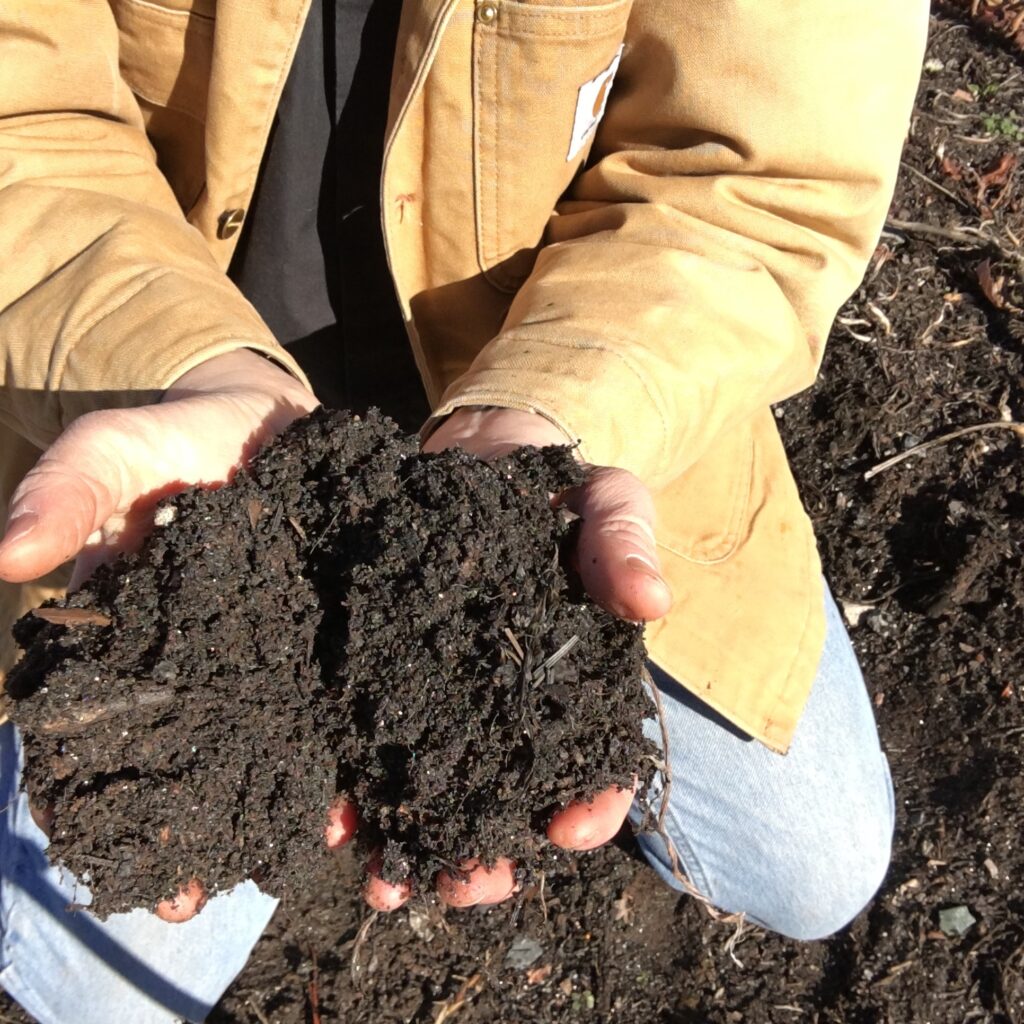 Consider the almighty compost pile. Here is where we pitch things that we do not want, that we cannot use, that will rot and stink up our homes and attract critters that we would rather were not in our homes. Here is a banana peel, there an apple core, here some coffee grounds, there the trimmings of a bell pepper. We add to it dry, dead leaves and the scrapings of the chicken coop and our bagged up grass clippings. In short, the compost pile is all that dirty, filthy stuff we don’t want near us.
Consider the almighty compost pile. Here is where we pitch things that we do not want, that we cannot use, that will rot and stink up our homes and attract critters that we would rather were not in our homes. Here is a banana peel, there an apple core, here some coffee grounds, there the trimmings of a bell pepper. We add to it dry, dead leaves and the scrapings of the chicken coop and our bagged up grass clippings. In short, the compost pile is all that dirty, filthy stuff we don’t want near us.
And there, in the midst of those filthy discards, the miracle happens. Unseen forces work on that rubbish. Rot and decay set in and tear it all apart, tear it down, destroy it until it is no longer recognizable, until you cannot pick out a single banana peel or leaf. And before too long, all that is left of that filth and decay and discarded refuse is the blackest, richest, healthiest fertilizer you could ask for. From all that death and discard and rot, there is life.
Dirt is a miracle.
When something dies, we return it to the ground, either whole or as ashes. That has been the custom of humanity since God created us, it seems. God informs Adam rather bluntly, “You are from the dust, and to the dust you will return.” There is no escaping the dirt.
But what if God did not intend us to see dirt as the end?
When Jesus was crucified, they laid his body in a tomb; they returned it to the dirt, the dust. But it wasn’t long after that when life sprang up out of that dirt, out of that decay, out of that death! Resurrection did not happen until after Jesus laid down his life.
Jesus seems to be very mindful of the truth of this. In John 12:24 and 25, Jesus says, “Very truly, I tell you, unless a grain of wheat falls into the earth and dies, it remains just a single grain; but if it dies, it bears much fruit. Those who love their life lose it, and those who hate their life in this world will keep it for eternal life.”
It is only what we lay down in the dirt, what we cast off, what we allow to die or even force to die, that will be resurrected.
On Ash Wednesday, we repent in sorrow and ashes not because there is redemption in our contrition, but because there is redemption through our contrition. We cast aside the dirty things in our lives, the things that will sicken us if we cling to them, the things that will poison us if we hold them tightly, the sin that will be our death if we refuse to let it go. We even cast ourselves aside. We place ourselves in the dirt, the place where dead things go, because only then can we experience resurrection.

This is an excerpt from a blog post originally published on February 14, 2018, titled “From the Dirt.” The original post can be found here.
